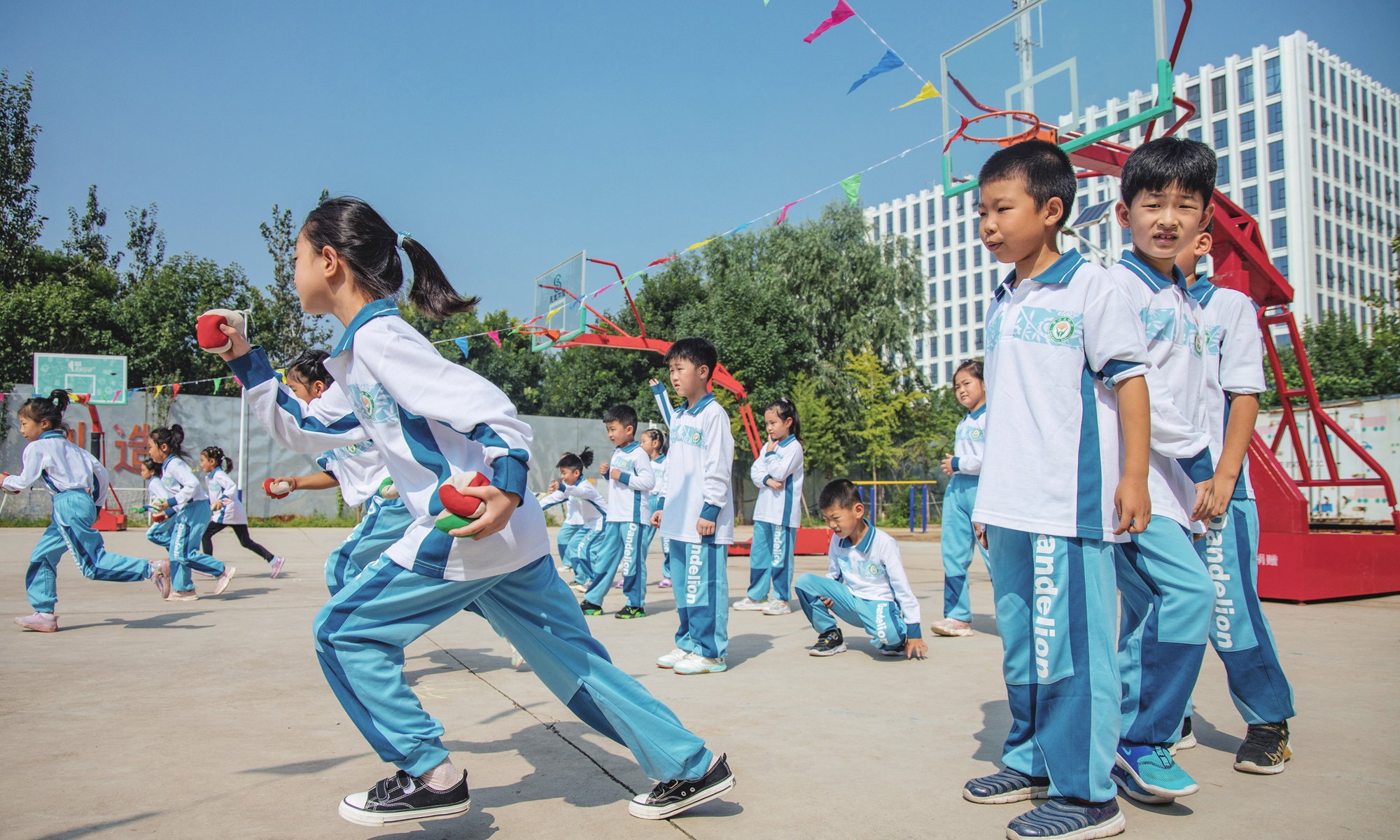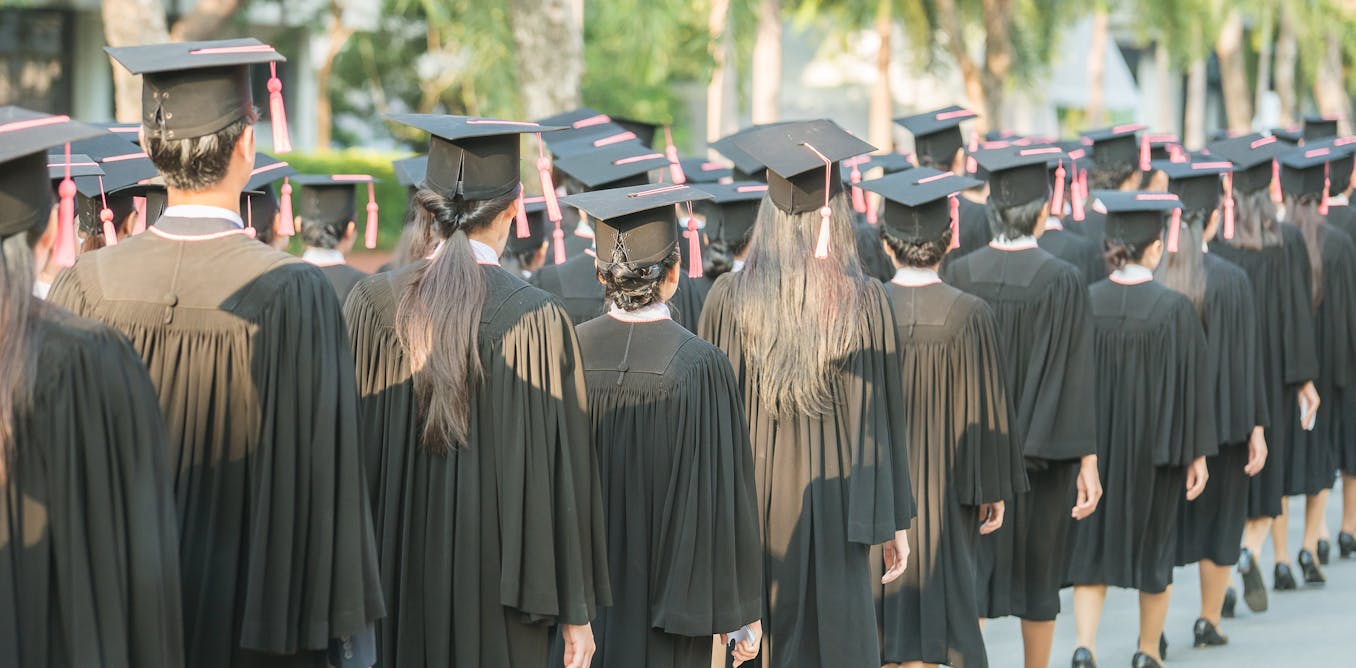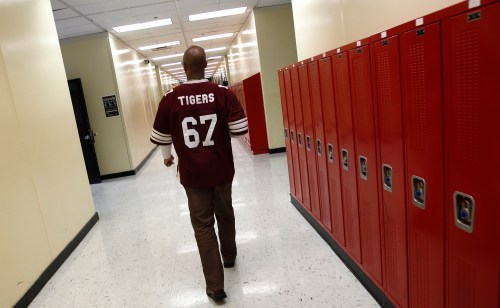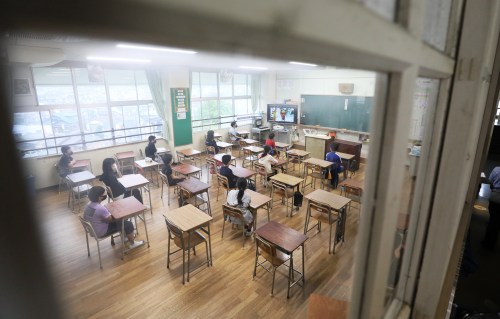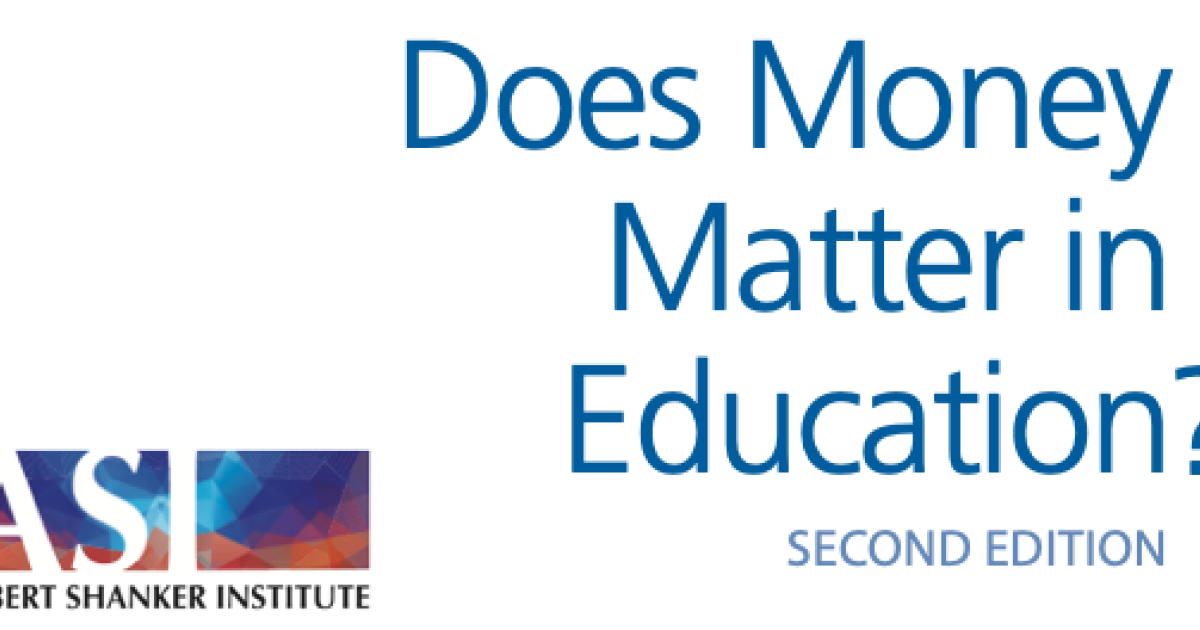I find “public education” to be wildly different from not only one state to the next, but one town to the next.
Are you sitting down?
I ask because what I'm about to say may come as a shock to you.
The US is not Iceland with a population of 379,000 and one race/ethnic group.
If I had my way? I’d centralize funding and change the entire public education system to fix major disparities. The way the funding works now is fundamentally flawed and the kid in neighborhood A has every resource imaginable while the kid in neighborhood Z doesn’t.
There's no evidence money affects learning or outcomes.
When I went back to college earlier this century I worked as a 2nd shift supervisor at a meat-packing plant.
4 of my 6 line-leaders were from Africa. Why weren't any of the Black Americans line-leaders?
Because they didn't know enough English or math to complete the post-production shift reports.
One of the African guys was from Ghana and the other 3 from Senegal. One of the guys from Senegal said they had electricity sometimes in the afternoon for their 2-room cinder-block school. The other 3 guys were in a one-room shack with no running water, no electricity, no carpeting, no air-conditioning, no phones, no pets, no textbooks.
They didn't even have paper and pencils. They used chalk slates. But, here they are fluent in 2 foreign languages plus their own tribal language and usually one or more other tribal languages.
The packaging machines were made in Germany so when they turned on they defaulted to the German language screen. I caught one of them running his machine in German so I walked up behind him,
"Was machen Sie den hier?" He freaked but he answered me in German so we started talking German.
When I was in Burkina Faso, the teacher had only 1 semester of college, she was only there 2 days a week and their "school" was 4 poles and a thatched roof.
Those kids spoke better English than most Americans and I taught them physics. We went to the river to get (extra) water which took a couple hours by the way, and then they dug a trough in the ground and put some sticks up like a bridge and then they had fun pouring water into the trough and watching the bridge wash away (which is what happened to their bridge and why we were there).
And I taught them some water safety (the "teacher" said every once in a while someone drowns in the river.)
Those kids probably came here and took American jobs because they're better educated which is deliciously rich.
So, whatever US schools are doing they're doing it wrong because it don't take a ton o' money.



